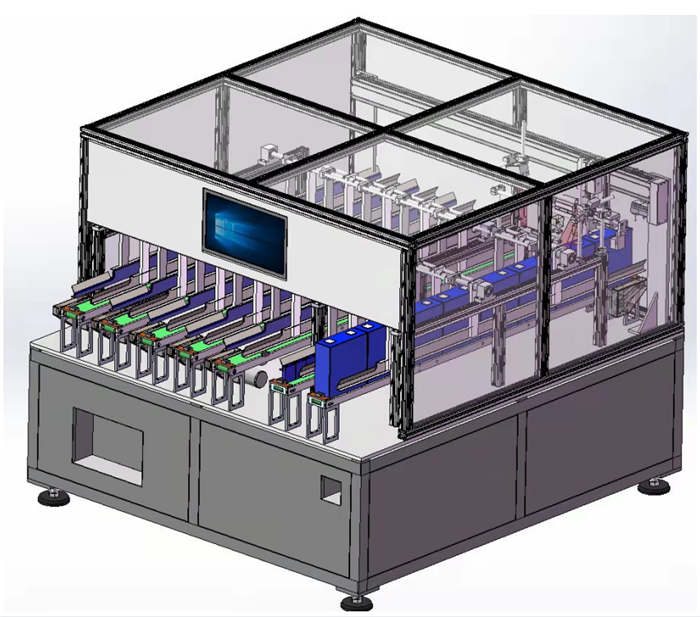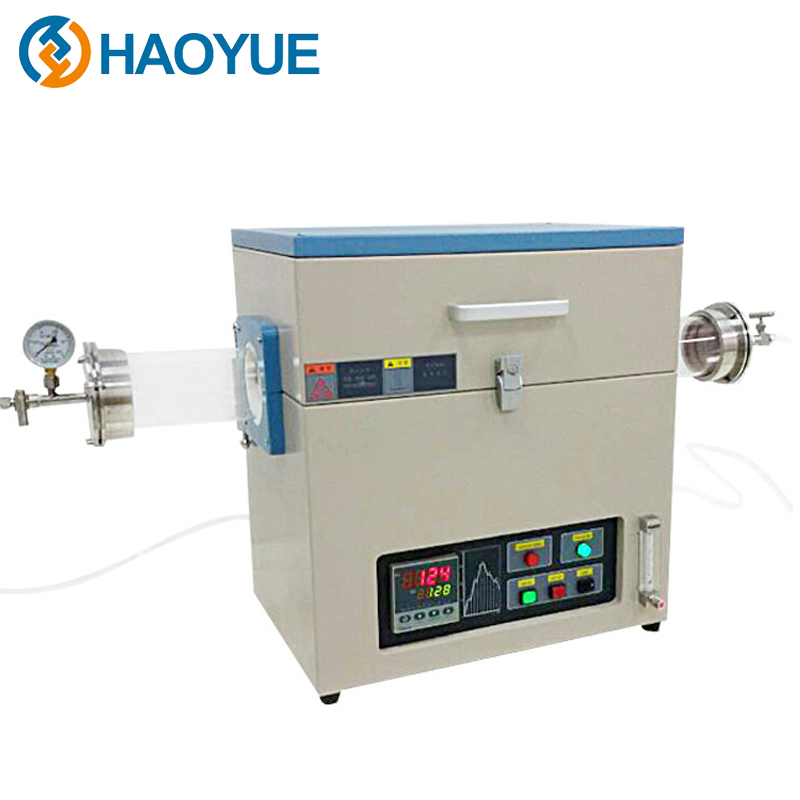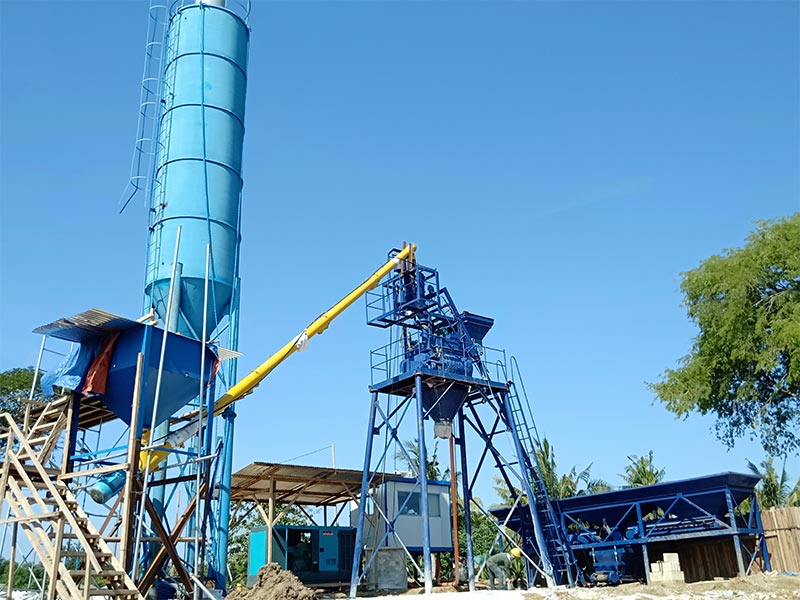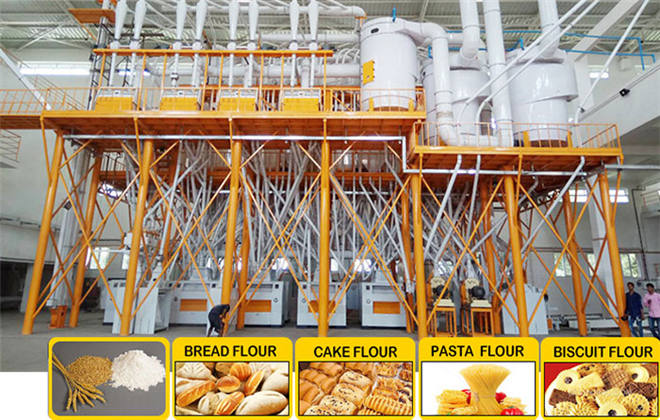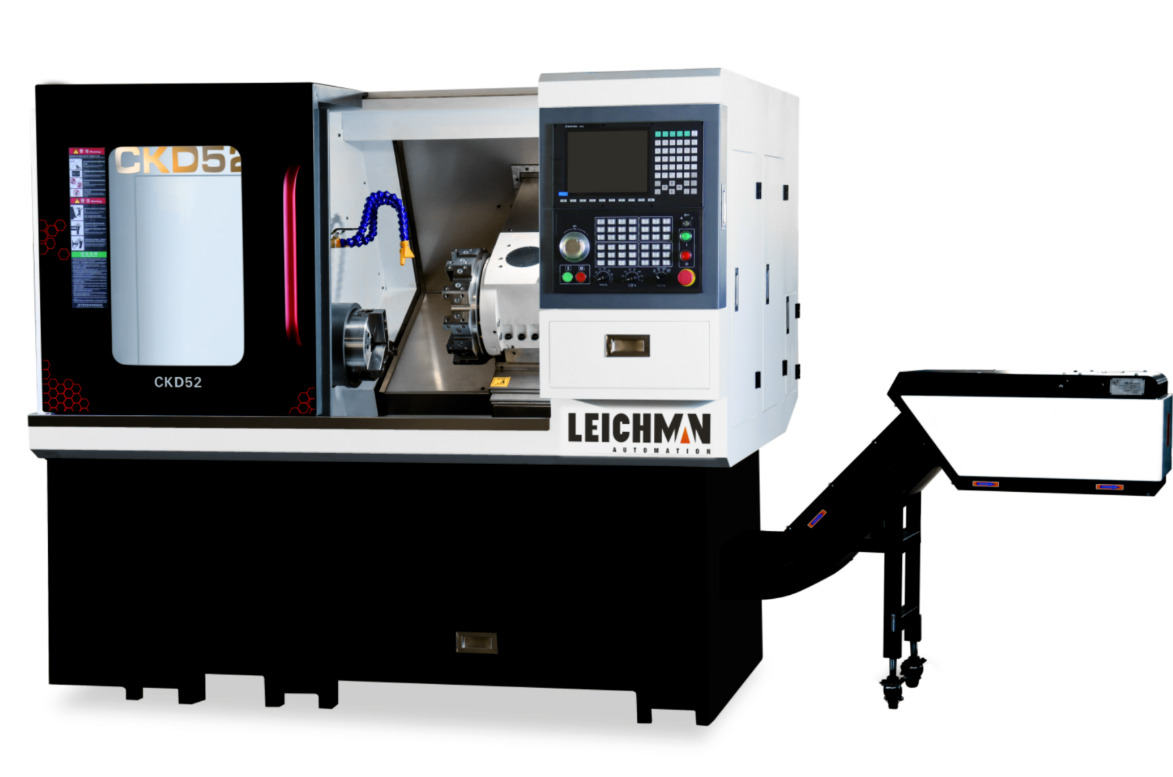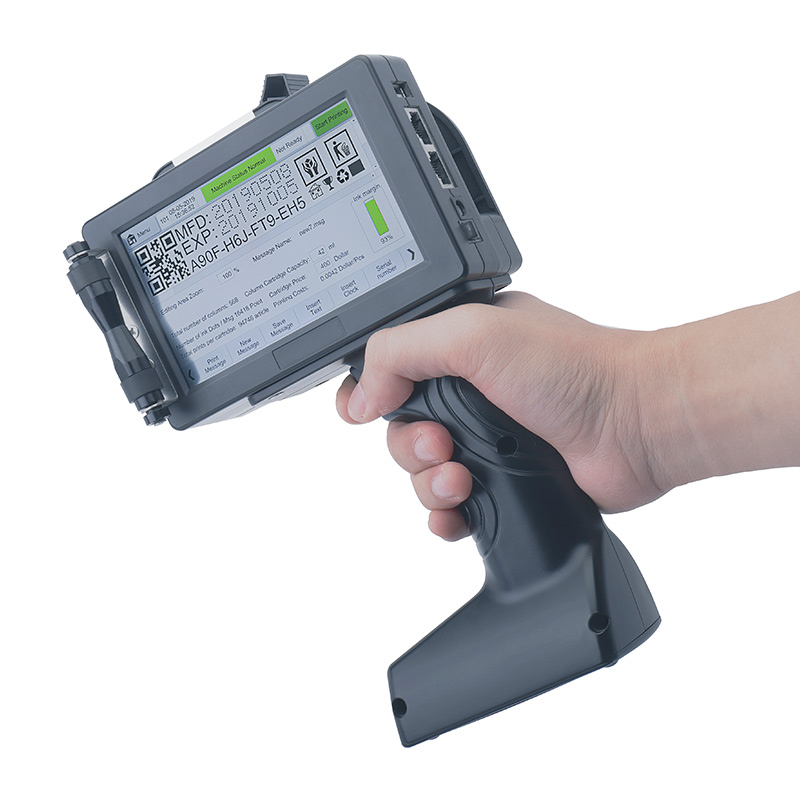Ultimate Guide to CMP Pipe Material: FAQs Answered & Benefits Explained
Are you in the market for corrugated metal pipe (CMP) for your construction project but feeling overwhelmed by the options and information out there? Look no further, as we have compiled the ultimate guide to CMP pipe material to answer all your frequently asked questions and shed light on the many benefits of using this versatile material.
What is CMP pipe material?
CMP pipe material, also known as corrugated metal pipe, is a type of pipe made from corrugated sheets of metal, usually steel or aluminum. These pipes are commonly used in infrastructure projects for stormwater management, culverts, bridges, and other applications where a strong and durable pipe is needed.
What are the different types of CMP pipe material available?
There are several types of CMP pipe material available on the market, each with its own unique characteristics and advantages. Some of the most common types include:
- Steel CMP: Steel CMP pipes are the most commonly used type of CMP pipe material. They are incredibly strong and durable, making them ideal for heavy-duty applications such as culverts and bridges.
- Aluminum CMP: Aluminum CMP pipes are lightweight and corrosion-resistant, making them a popular choice for projects where weight is a concern or where the pipe will be exposed to corrosive environments.
- Galvanized CMP: Galvanized CMP pipes are coated with a layer of zinc to protect against corrosion. This type of CMP pipe material is often used in applications where the pipe will be exposed to harsh weather conditions or chemicals.
- Polymer-Coated CMP: Polymer-coated CMP pipes are steel pipes that have been coated with a layer of polymer to provide additional protection against corrosion. These pipes are ideal for projects where long-term durability is a priority.
What are the benefits of using CMP pipe material?
There are many benefits to using CMP pipe material in your construction project. Some of the key advantages include:
- Strength and durability: CMP pipes are incredibly strong and durable, which makes them a reliable choice for infrastructure projects that require long-lasting pipes.
- Corrosion resistance: Many types of CMP pipe material, such as aluminum and polymer-coated steel, are resistant to corrosion, making them ideal for projects where the pipe will be exposed to harsh environments.
- Lightweight: Aluminum CMP pipes are lightweight and easy to transport and install, making them a cost-effective choice for projects where weight is a concern.
- Cost-effective: CMP pipes are an affordable option for infrastructure projects, especially when compared to other types of pipe materials such as concrete or PVC.
Additional reading:Exploring the Advantages of GFS Tanks with FRP Roof in Industrial Storage
Revolutionizing Efficiency: Unleashing the Power of a Soldering Robot
Boost Your Productivity with a Desktop Soldering Robot
Exploring the Power and Precision of the Screwdriving Robot
Enhancing Precision and Efficiency: Exploring the World of CNC Honing Machines
The Ultimate Guide to Gear Shaving Machines
Exploring the Benefits of Spline Milling Machines in Precision Manufacturing
- Easy installation: CMP pipes are relatively easy to install, making them a practical choice for contractors and construction crews.
- Versatility: CMP pipes can be used in a wide range of applications, from stormwater management to culverts and bridges, making them a versatile choice for many construction projects.
Overall, CMP pipe material offers a range of benefits that make it an excellent choice for infrastructure projects of all sizes and types.
Frequently asked questions about CMP pipe material.
Q: How long do CMP pipes last?
A: The lifespan of a CMP pipe will vary depending on factors such as the type of material used, the environment it is exposed to, and how well it is maintained. However, CMP pipes are designed to last for many years, with some pipes lasting 50 years or more.
Q: Are CMP pipes eco-friendly?
A: CMP pipes are a sustainable choice for construction projects as they can be recycled at the end of their lifespan. Additionally, the lightweight nature of aluminum CMP pipes can help reduce carbon emissions associated with transportation.
Q: Can CMP pipes be used in high-temperature environments?
A: Steel CMP pipes are suitable for use in high-temperature environments, making them a versatile choice for a wide range of applications.
Q: Are CMP pipes easy to maintain?
A: CMP pipes are relatively low maintenance, especially when compared to other types of pipe materials. Regular inspections and cleaning can help extend the lifespan of CMP pipes and prevent issues such as clogging.
In conclusion, CMP pipe material is a versatile and reliable choice for construction projects of all sizes. With its many benefits, including strength, durability, corrosion resistance, and cost-effectiveness, CMP pipes are an excellent option for infrastructure projects where a strong and reliable pipe is needed. Whether you are building a culvert, bridge, or stormwater management system, CMP pipe material is sure to meet your needs and exceed your expectations.
The company is the world’s best Cmp Pipe Material, Road Pipe Culvert, Polymer Coated Corrugated Metal Pipe supplier. We are your one-stop shop for all needs. Our staff are highly-specialized and will help you find the product you need.
Additional reading:The Ultimate Guide to Bevel Gear Machines: Everything You Need to Know
A Comprehensive Guide to Vacuum Forming Machines
Unlocking Efficiency and Precision with Handheld Fiber Laser Welding Machines
Vane Compressors: The Workhorses of Efficient Air Compression
What Are the Advantages of Forklifts?
Electric Wheel Loader Applications
The Laser Cutter Revolution: Transforming Design and Manufacturing




